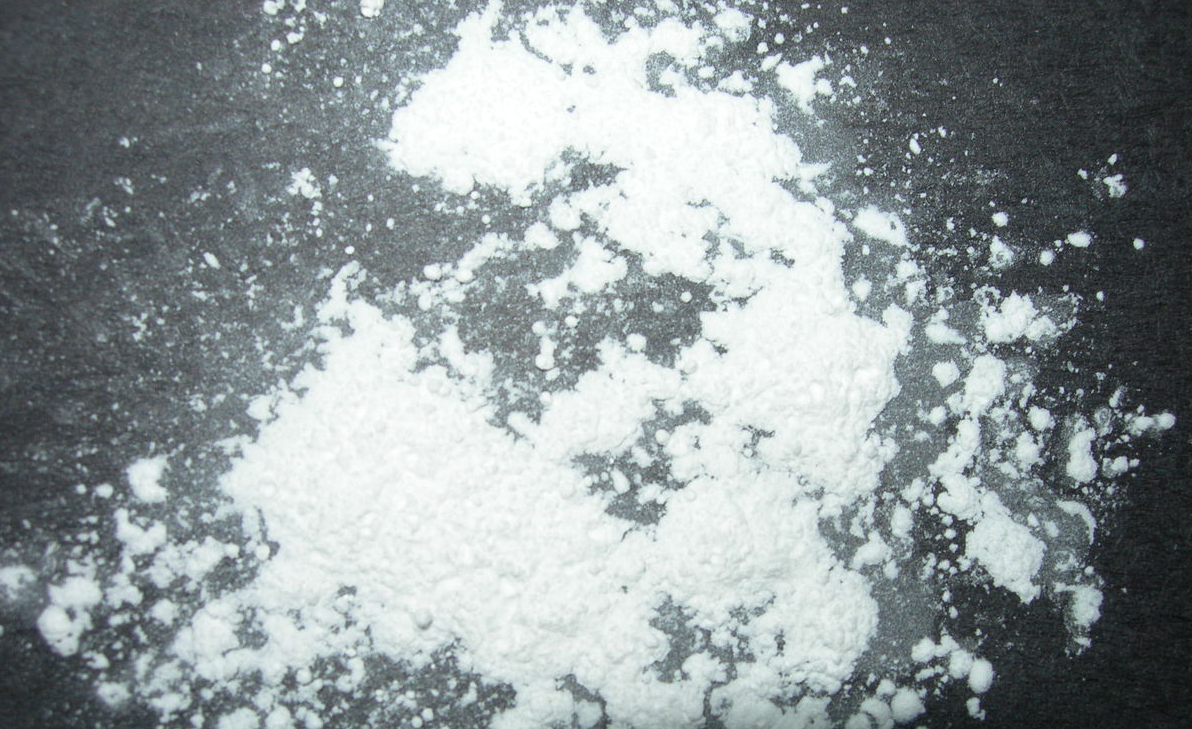Evaluating your talcum powder usage is a critical step in safeguarding your health. While the connection between talcum powder and cancer is still being studied, the available information suggests a cautious approach.
Many individuals are considering whether they should file a talcum powder lawsuit, as evidence continues to emerge about the possible health hazards. Nowadays, understanding the potential risks associated with talcum powder usage is crucial, especially in light of recent concerns about its link to cancer. As a result, by the end of this article, you will have a comprehensive understanding of the issues at hand and be better equipped to make informed decisions about your health.
Talcum Powder and Cancer: What the Research Says
The primary concern regarding talcum powder is its potential link to cancer. Research has shown mixed results, with some studies suggesting a correlation between talcum powder and ovarian cancer, while others find no significant connection. Talc is a naturally occurring mineral composed of magnesium, silicon, and oxygen. In its natural form, some talc contains asbestos, a known carcinogen. However, the talcum powder used in modern cosmetics is asbestos-free. Despite this, concerns remain due to studies indicating that long-term use of talcum powder in the genital area might increase the risk of ovarian cancer.
The Mechanism of Risk
Understanding how talcum powder could potentially cause cancer involves examining how it interacts with the body. When talcum powder is applied to the genital area, it can travel through the female reproductive system to the ovaries. This journey can lead to inflammation and, over time, the development of cancerous cells. Some researchers believe that the presence of talc particles in ovarian tumors provides evidence of this risk. However, more research is needed to establish a definitive causal link.
Regulatory and Legal Responses
The potential health risks of talcum powder have led to regulatory actions and numerous lawsuits. Regulatory bodies like the FDA monitor the safety of cosmetic products, including talcum powder, but have not conclusively declared it a carcinogen. Nonetheless, several high-profile lawsuits have resulted in significant settlements for plaintiffs who developed ovarian cancer after using talcum powder. These legal actions have heightened public awareness and spurred further investigation into the safety of talcum powder products.
Preventive Measures
Given the ongoing debate and research, it’s important to consider preventive measures if you are concerned about the potential risks of talcum powder. One approach is to limit or avoid the use of talcum powder, particularly in the genital area. There are numerous alternative products available that do not contain talc and can serve similar purposes without the associated risks. Additionally, staying informed about the latest research and regulatory updates can help you make more informed decisions about your health and product choices.
Seeking Medical Advice

If you have used talcum powder regularly and are concerned about your risk of developing cancer, it is advisable to seek medical advice. Your healthcare provider can assess your individual risk factors, provide guidance on monitoring for potential symptoms, and recommend appropriate screening measures. Early detection is crucial in managing cancer risks, and being proactive about your health can make a significant difference.
The Importance of Advocacy and Awareness
Advocacy and awareness play vital roles in addressing the potential risks associated with talcum powder. Supporting organizations that fund research into the health effects of talc and participating in awareness campaigns can contribute to a broader understanding of the issue. By staying informed and involved, you can help drive change and ensure that public health remains a priority.
Making Informed Decisions
Ultimately, making informed decisions about talcum powder usage involves weighing the available evidence and considering your own health priorities. While the research is not conclusive, being aware of the potential risks allows you to make choices that align with your personal health goals. Whether you choose to continue using talcum powder or switch to alternative products, understanding the risks and benefits is key to making the best decision for yourself.
Conclusion
Evaluating your talcum powder usage is a critical step in safeguarding your health. While the connection between talcum powder and cancer is still being studied, the available information suggests a cautious approach. You can make choices that support your well-being by staying informed, seeking medical advice, and considering preventive measures. The ongoing research and legal actions underscore the importance of being proactive about your health and staying engaged in the conversation about talcum powder risks.


Join the conversation!